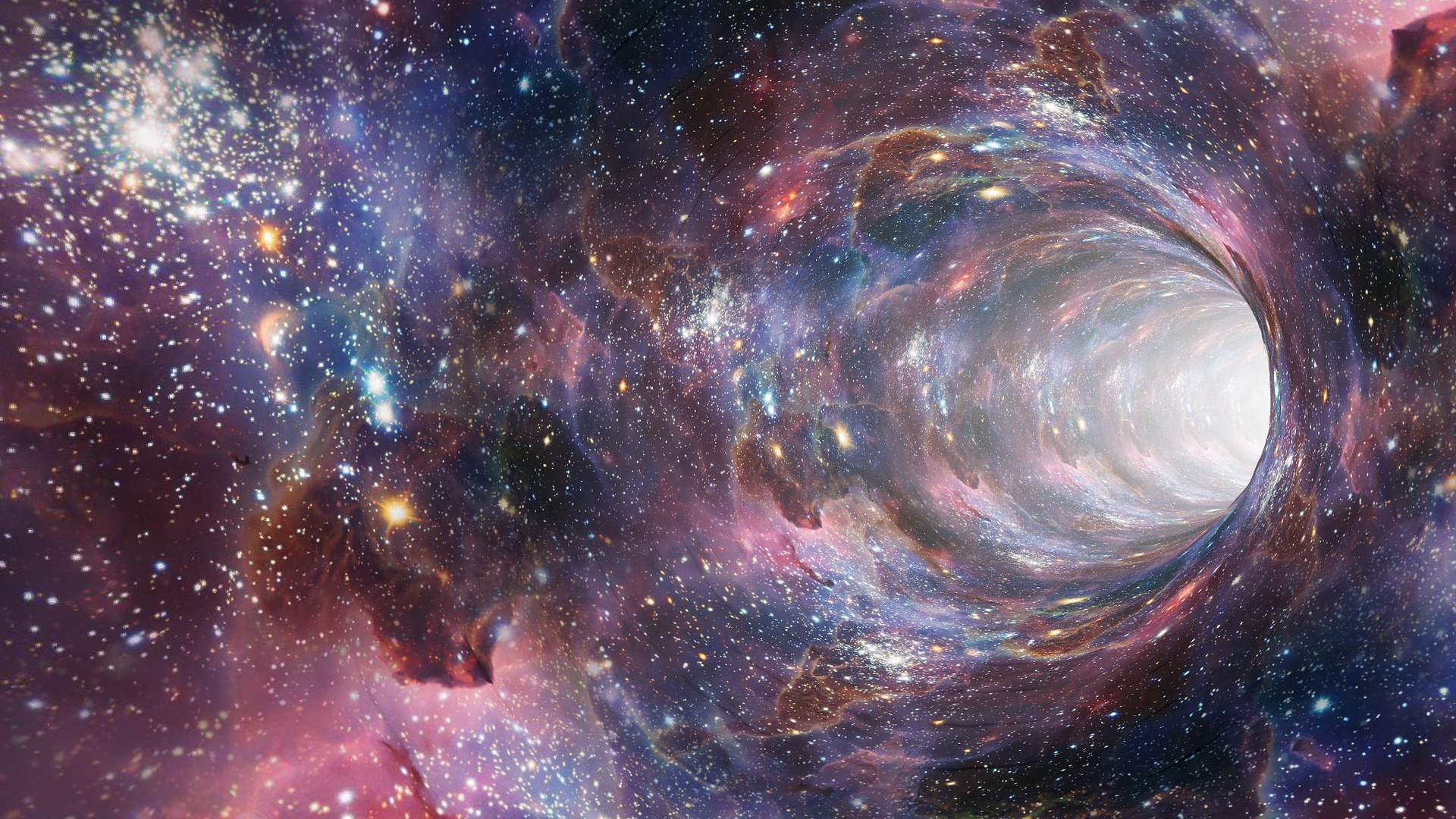
“Whoever fights monsters should see to it that in the process he does not become a monster. And if you gaze long enough into an abyss, the abyss will gaze back into you.”
Friedrich Nietzsche
Nietzsche was a brilliant philosopher whose intellectual life was crippled by serious amounts of pain and discomfort and a slow descent into madness, the primary cause was a progressive and untreatable brain condition that resulted in his almost complete immobility in later years due to stroke.
Nietzsche died two deaths, his mind died in 1889 at the still tender age of 44 after suffering a collapse due to stroke and his body gave in 11 years later in 1900 due to pneumonia. He knew all about pain, putting up with migraines that would last two weeks at a time. The upshot of this was that Nietzsche learned to write in aphorisms, saying more in a single sentence than most other philosophers could say in a chapter or even an entire book.
Thus when you read Nietzsche it cannot be rushed, you must read diligently and thoughtfully, considering each paragraph and sentence on its own merits. Nietzsche knew all about the human mind and could encode multiple layers of meaning and interpretations into a single paragraph in a skilful way that presented complexity as simplicity.
You really have to think to read Nietzsche which is why most modern people don’t.
There is something eerily haunting about the above quote (one of the most famous of Nietzsche’s, if not the most famous.)
Anyone who has studied the history of the 20th Century can see all too well how it is possible to fight monsters and become one in the process. How great evil can be practised in the name of liberty, goodness and defence not only of the realm but all of mankind. How bright-eyed revolutionaries can become dictators just as bad, ruthless, cruel and as hated as the men they’ve replaced.
Nietzsche’s fundamental point was that every bad act diminishes us even if it’s done in a righteous cause. Fighting fire with fire ensures that everyone is burned. Treating ‘like with like,’ means that all are ‘alike,’ in mind and temperament if not cause.
Navel Gazing
All philosophers stare into the abyss, in their desires for ever-increasing amounts of wisdom philosophers can become introspective searching the depths of their own mind for understanding and illumination that come like sparks of light in an eternal sea of blackness.
You see the mind is a very dark place, as limitless as the universe, having no real shape or form, it’s an abyss that we all come from and return to when we die. The abyss is where the quintessential and direct experience of living can be found, it is the bottomless pit that all sensations and thoughts are poured into. It can never be filled and attempts to do so are the root of all human behaviours and patterns of activity. The search for meaning is to try and fill the abyss.
The only thing that prevents us from directly experiencing this abyss is the continual input of our senses, filling the void with experiences and impressions from the outside world, the world beyond the abyss. This is why Buddhists, in particular, like to quell the sense data and meditate on a realisation of nothingness (which I am reliably informed – is a very noble spiritual state to be in and much sort after experience).
Thankfully you don’t need years of meditative practice to experience a realisation of nothingness you can just read this article here and intellectualise the experience. You are nothing doing something. Indeed it can be argued that the entire universe is ‘nothing doing something.’
All things fall into the abyss. All material things will pass away, biological matter included, brains and apes with opposable thumbs too will succumb to the abyss. The abyss is the only thing that is real when measured against eternity, eternity is the abyss and it sits just beyond our senses as the shapeless, lightless watcher of all things in all peoples, places and events. It’s in the abyss that we are all one. It’s in the abyss that all matter is suspended and observed. The secret watcher of all things is the abyss. The abyss is the entire universe.
If you stare into it, it will stare into you, it has no choice because you are one and the same.
UPDATE: As per the comments below, I’d like to add a link to a more updated and coherent understanding of this quotation on this subject as clearly this prior article of my own was mis-formed, having failed to make it clear that I was presenting a mystic perspective on the famous quotation. A more correct and traditional perspective is offered in the following link.
Whoever fights monsters! – The Stand Up Philosophers

Wrong. Who are the monsters? Why are they evil? They pretend certainty in their subjugation of other people over whom they have no justifiable authority. The philosophers of the Islamic Empire and the European Rennaisance carefully molded their empiricism into language that would survive theocratic scrutiny. They died when they failed to. That is why philosophers refer to their foils as monsters. Nietzche correctly anticipated that the philosophers (scientists, empiricists) would seek the throne rather than abolish it (“the coldest of cold monsters”). What he is saying here should shake every brain in the developed world, try it on. St. Thomas building theocracy. Avicenna, Al-Farabi, Averroes. The pushback from Al-Ghazali (another breed of heretic).
This is a functional message for initiates in the formerly secret world of philosophy and science. The philosophers and scientist have ignored it, and it makes Nietzche look like Zoltar.
Hi Byron, thanks very much for your comment, this is a very old article/post written at the beginnings of my encounters with Nietzsche, I wish that I could know as much I as need to, but alas I have only one life. Thanks for providing an enhanced context for us all around this quote. Have a wonderful weekend and thanks again for commenting.
You are absolutely wrong on all points. Nietzsche actually praised the the Islamic Scholars, read Rumi and appreciated the will of the Moslems in creating the Al-Hambra, a human feat unsurpassed. You are erroneously clumping all the religions and interpretations of the world together as if they all have the same interpretation or meaning. Islamic Scholars such as Farabi, Ibn Al-Arabi, Al- Ghazali and etc that you mentioned concentrate on the inward journey as opposed to the exoteric theology that Nietzsche refers in dominating the world. It’s Christianity that he’s criticizing for its implementation of Morality rather than Spirituality, “Once spirit was God, then it became man, and now it is even becoming mob”. The monsters of Nietzsche are those who preach the exoteric “good and evil” morality that minimizes the value of individuals to adhere to such minimal standards of existence and potentiality that is ruled by the will of the mob. Therefore it was a necessity for Nietzsche to go “beyond good and evil” and maximizing according to the limitless of the individual’s Will and consequently power that is life affirming.
a nice purview on this topic. but it seems that if you over-intellectualize some things fhey just disappear into the “abyss.”
I agree with that and have done this myself, being in love with one particular type of philosophy, that of mysticism I started to see it everywhere, even in the works of Nietzsche, both mystics and nihilists agree on the fact that we’re all ‘nothing,’ that somehow or other gets to do ‘something.’ The entire universe is as best we can tell, ‘nothing,’ doing ‘something.’ Anyhow thanks for posting, we love your comments, keep them coming!